WTW
Every minute, a tidal wave of plastic chokes our planet, while
millions thirst for clean water. But what if trash could become
hope?
The Waste To Water Initiative tackles both crises with a revolutionary
circular model: We collect plastic waste, sell recyclables to fund
clean water systems, and empower underserved communities. For every
piece of plastic removed, we’re one step closer to safe water—turning
pollution into progress. Impact: With a goal to collect 1 million
plastics across Lagos, we’ll fund boreholes and biosand wells for 10
communities, lifting thousands out of water poverty. Imagine healthier
families, girls back in school, and rivers free of waste—all driven by
collective action.
Join us! Donate $0.05 per plastic, volunteer for cleanups, or share
our story.
Together, we’ll close the loop between waste and water—because no one
should choose between a polluted planet and an empty cup.
#WasteToWater #CloseTheLoop

Project Overview
How 1 Plastic Bottle = 1 Day of Clean Water
A circular economy initiative turning waste into life-changing
resources for African communities.
Key Objectives:
- Environmental Impact - Collect and recycle 1 million pieces of plastic waste in Lagos, reducing pollution and raising awareness.
- Social Impact – Fund clean water solutions (boreholes, reservoirs, or bio-sand wells) for 5–10 underserved communities, improving health, education, and economic opportunities.
- Diaspora Engagement - Mobilize global supporters to pledge $0.05 per plastic collected, creating a sustainable funding model.

- Collect - Community cleanups, volunteer drives, and partnerships.
- Recycle – Sell plastics to local recyclers, generating revenue.
- Fund - Install clean water systems in target communities.

How It Works
Plastic Recovery Drive:
- Volunteers, schools, and businesses collect waste using provided tools (gloves, bags, bins).
Water Access:
-
Partner with local engineers to install water systems in
high-need communities.
We will work with local experts and community members to find the best sustainable solution for each community, whether it’s a borehole including a reservoir and water pumps, a BioSand well, and/or a system for harvesting rainwater.
With every water point we fund, we will enlist partners to coordinate sanitation and hygiene training, and establish a local Water Committee to help keep water flowing for years to come.
Donate $0.05 Per Plastic Volunteer for a Cleanup
 Share Our Mission
Share Our Mission
Proving Our Impact

SHOP TO SUPPORT WTW
Purchase with purpose! Profits from the Project Alkebulan store fund our operating costs and help us grow.
SHOP OUR STORE: Visit https://projectalkebulan.creator-spring.com to view & buy our merchandise.
Why Water?
Not only does walking for water keep children out of school or take up time that parents could be using to earn money, but the water often carries diseases that can make everyone sick. Access to potable water means education, income and health - especially for women and children.
“Equitable access to drinking water, sanitation and hygiene is not only the foundation of health and development for children and communities. Water is life, water is development, water is peace”, said Marie-Pierre Poirier , UNICEF Regional Director for West and Central Africa.
“In a time when water scarcity fuels conflicts and water points are targeted, UNICEF calls for urgent actions. We need water, sanitation and hygiene in schools, especially for girls who may miss school because there are no toilets or because they have to fetch water. Women and children need a safe access to water. As climate change puts additional pressure on resources, we need climate risk-sensitive and resilient water, sanitation and hygiene services for children and their communities. And we need it now”.

Clean Water Changes Everything

HEALTH
Diseases from dirty water kill more people every year than all forms of violence, including war. Children under-five are on average more than 20 times more likely to die from illnesses linked to unsafe water and bad sanitation than from conflict.

TIME
Every day, women and girls around the world spend an estimated 200 million hours collecting water. Access to clean water gives communities more time to grow food, earn an income, and go to school - all of which fight poverty.

EDUCATION
Clean water helps keep kids in school, especially girls. Less time collecting water means more time in class. Clean water and proper toilets at school mean teenage girls don’t have to stay home for a week out of every month.

WOMEN EMPOWERMENT
Women and girls are responsible for water collection in 8 out of 10 households with water off-premises. When a community gets water, women and girls get their lives back. They start businesses, improve their homes, and take charge of their futures.